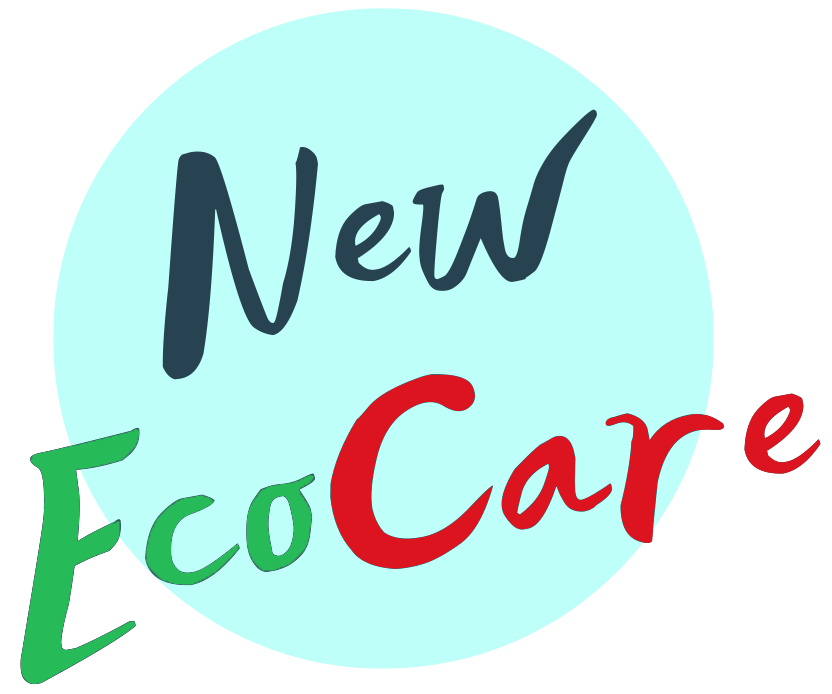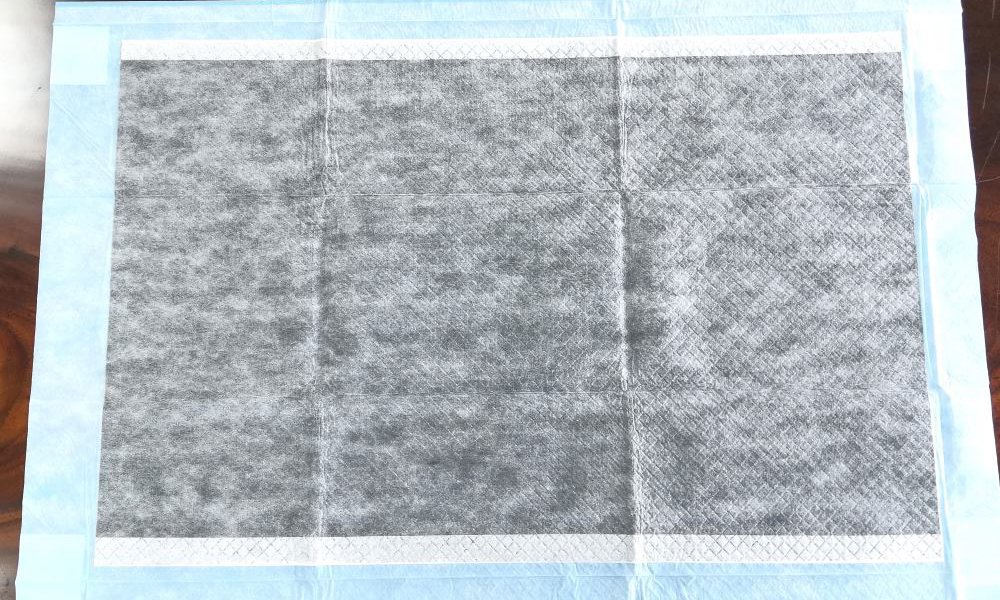Incontinence bed pads are not merely practical; they stand as a beacon of comfort and dignity for those who rely on them. In this detailed exploration, we’ll unveil every essential aspect of incontinence bed pads, from their fundamental types to sophisticated care techniques. Whether you are directly impacted by incontinence or are caring for someone who is, understanding these vital tools will empower you with knowledge and confidence.
Table des matières
Understanding Incontinence Bed Pads
Incontinence can challenge one’s lifestyle, yet bed pads offer a discreet and effective solution. These pads are specifically designed to absorb leaks, ensure comfort, and maintain hygiene, thus safeguarding bedding and furniture while providing peace of mind.
Types of Incontinence Bed Pads
Diving into the variety of incontinence bed pads, we find two primary categories: disposable and reusable. Disposable pads are often favored for their convenience and hygiene factors. They can be used once and then discarded, making them a superb choice for managing incontinence with minimal fuss. On the other hand, reusable pads, typically made from absorbent materials like cotton or microfiber, can be washed and used multiple times, presenting an economical and environmentally-friendly option. Both types are crafted to meet different lifestyle needs and preferences, providing users with options that best suit their circumstances.
Materials and Technologies
In the quest for maximum absorbency and comfort, manufacturers of incontinence bed pads employ a variety of materials and cutting-edge technologies. Most pads incorporate a layer of super-absorbent polymer (SAP), which is key to their effectiveness. SAP can absorb many times its weight in liquid, trapping moisture away from the skin. This technology ensures that the surface stays dry, thus preventing irritation and skin infections. The outer layers are often made from soft, breathable materials like cotton or bamboo, which enhance comfort and reduce the risk of heat buildup. Advances in material technology not only improve the functional performance of bed pads but also enhance user comfort significantly.
Benefits of Using Incontinence Bed Pads
The utility of incontinence bed pads extends far beyond simple moisture protection; they significantly enhance users’ quality of life. By guarding against leaks efficiently, these pads help maintain the integrity and cleanliness of bed linens and furniture, thereby reducing laundry burdens and prolonging the life of these items.
Comfort and Protection
It’s imperative to recognize that comfort goes hand in hand with protection when it comes to incontinence solutions. High-quality bed pads are engineered not only to safeguard bedding but also to offer considerable comfort to the user. By keeping the sleeping area dry, these pads help prevent the discomfort and skin irritation associated with prolonged exposure to moisture. This dual functionality makes them indispensable for anyone managing incontinence.
Hygiene and Odor Control
Incontinence can sometimes lead to concerns about odor, which bed pads address with built-in odor control technologies. These features often involve the use of activated charcoal or similar materials that neutralize odors, ensuring that the environment remains fresh and conducive to relaxation and sleep. Such technologies underscore the comprehensive approach to managing incontinence discreetly and effectively.
Through these initial sections, we’ve covered the fundamental aspects of incontinence bed pads, illustrating their essential role in managing incontinence with dignity and comfort. Next, we will explore how to choose the right bed pad, followed by insights into their maintenance and the impact they have on users’ lifestyles.
Choosing the Right Incontinence Bed Pad
Selecting an appropriate incontinence bed pad is crucial to effectively managing daily comfort and hygiene. The choice depends on various factors, including the level of incontinence, personal comfort preferences, and lifestyle requirements.
Factors to Consider
When choosing a bed pad, consider the absorbency level required. Bed pads come in varying absorbencies, from light to heavy, catering to different levels of incontinence. Material is another significant factor; some users prefer natural fibers like cotton for their softness and breathability, while others might opt for synthetic fibers for their durability and quick-drying properties. Additionally, consider the size of the pad needed to adequately cover the sleeping or sitting area and the ease of maintenance each type offers.
Recommendations Based on Needs
For individuals with heavy incontinence, especially during the night, a high-absorbency disposable pad might be the best option to ensure comfort and hygiene throughout sleep. For light to moderate incontinence, reusable pads may be more economical and environmentally friendly. These can be washed and reused and often come in materials that are comfortable against the skin.
Maintenance and Care
Proper maintenance of incontinence bed pads is key to ensuring they continue to provide optimal protection and comfort. Care routines differ slightly between reusable and disposable pads, but maintaining hygiene is paramount in both cases.
Cleaning Techniques
Reusable bed pads require regular laundering to maintain their absorbency and hygiene. They should be washed in warm water with a gentle detergent and without fabric softeners, as these can decrease absorbency. Tumble drying on low heat helps preserve the integrity of the fibers and absorbency layers. Proper disposal of disposable pads is crucial to maintaining environmental responsibility. Used pads should be disposed of in a sanitary manner, according to local regulations.
Storage and Disposal
Storing reusable bed pads in a dry, clean place ensures they are ready for use when needed and extends their life. Keeping them folded in a designated area or container helps keep them organized and in good condition. For disposables, ensure they are thrown away in a hygienic and environmentally considerate manner, ideally in biodegradable or designated sanitary bags.
Impact on Lifestyle
Incontinence bed pads can profoundly impact users’ lifestyles and psychological well-being. They provide not only physical benefits but also emotional security.
Psychological Benefits
Using incontinence products like bed pads can significantly alleviate stress and anxiety associated with potential accidents. This peace of mind can lead to better sleep quality and more confidence in participating in social and daily activities. The knowledge that one can maintain cleanliness and dignity despite incontinence challenges is empowering.
Practical Tips for Daily Use
Integrating bed pads into daily life should be done with consideration for convenience and discretion. For nighttime use, ensure the bed pad covers the entire area where leaks may occur. For daytime use in chairs or sofas, smaller, more discreet pads can be used. It’s also beneficial to have a routine for replacing and cleaning pads to maintain optimal hygiene and comfort.
By thoughtfully selecting, maintaining, and integrating incontinence bed pads into daily routines, individuals can manage incontinence discreetly and effectively. This not only helps maintain hygiene and dignity but also
enhances overall quality of life. In the following sections, we will delve into the innovative developments in bed pad design and gather insights through real-life stories and testimonials, which further illustrate the significant impact these essential products have on the lives of many.
Innovative Developments in Bed Pad Design
The landscape of incontinence products, particularly bed pads, is continually evolving. Technological advancements and consumer feedback are driving innovations for better comfort, sustainability, and effectiveness.
Progrès technologiques récents
Recent advancements in the design of incontinence bed pads focus on improving the core functionalities—absorbency, comfort, and odor control—while also addressing user-specific needs. Innovations such as integrating cooling fabrics help reduce discomfort during sleep in those prone to night sweats. Moreover, the development of thinner yet highly absorbent materials ensures that pads are not only effective but also discreet under bedding.
Eco-Friendly and Sustainable Options
In response to increasing environmental concerns, many manufacturers are now producing eco-friendly bed pads. These options include biodegradable disposable pads or reusable pads made from organic or sustainably sourced materials. Such developments not only cater to the needs of environmentally conscious consumers but also reduce the overall ecological footprint of managing incontinence.
Real-Life Stories and Testimonials
Incorporating the voices of those who use incontinence bed pads daily adds a personal touch to the discussion, providing real-world insights into how these products improve lives.
Anecdotes from Users
Many users express profound gratitude for the security and independence bed pads provide. For instance, one user shared, “Using these pads has allowed me to enjoy nights of sleep without worry, and I can visit friends or family without anxiety.” These stories highlight the personal relief and regained autonomy that comes with finding the right incontinence solution.
Expert Opinions and Insights
Healthcare professionals often recommend the use of incontinence bed pads not only for their functional benefits but also for the psychological comfort they provide to patients. Experts in senior care emphasize the importance of products that can help maintain dignity and promote independence in elderly patients suffering from incontinence.
In a word, Incontinence bed pads are a pivotal component in managing the challenges posed by incontinence. With the right product, individuals can maintain an active and fulfilling lifestyle without compromise. The advancements in product design and the positive testimonials from users and healthcare providers underscore the essential role these bed pads play. As we continue to see innovations and improvements, the future for those managing incontinence looks ever more hopeful and dignified.

